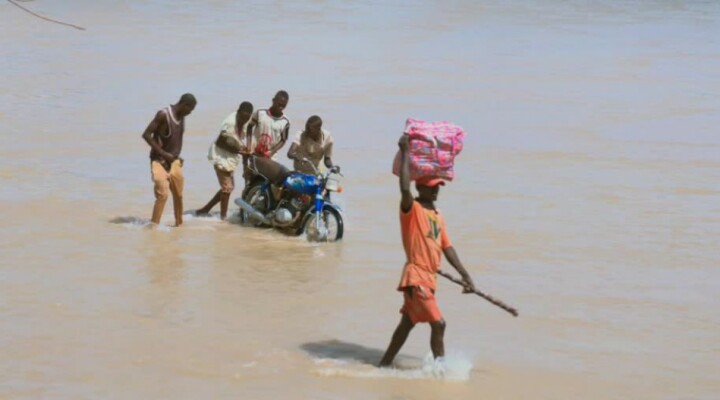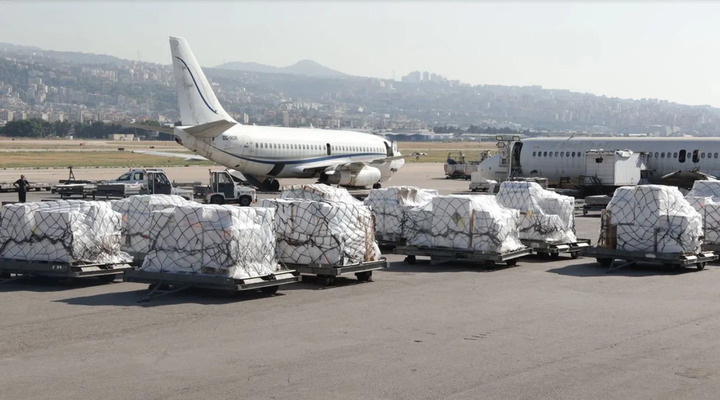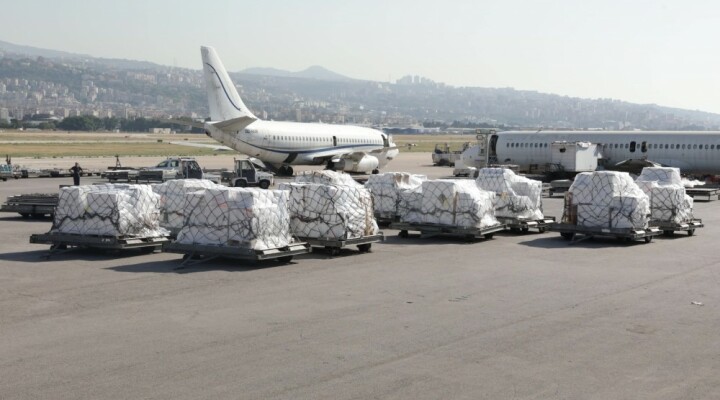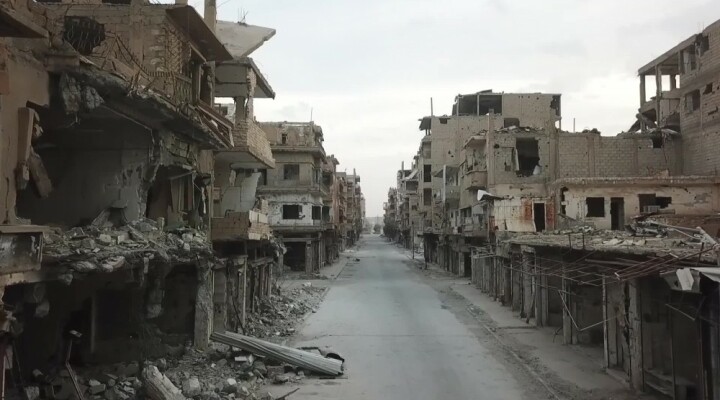Multimedia Newsroom
Images & footage available to download at no charge.
They may not be sold or transferred to a third party or used for commercial purpose.
Caution: our footage can be distressing.
They may not be sold or transferred to a third party or used for commercial purpose.
Caution: our footage can be distressing.








